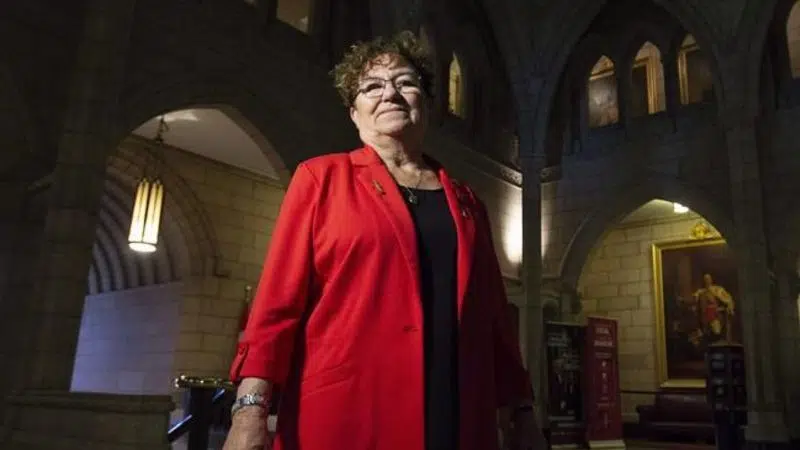
Crisis line urgently needed for victims of coerced sterilization: senator
OTTAWA — The federal government should immediately fund a crisis line for victims of coerced and forced sterilizations to ensure traumatized women can get assistance, says Ontario Sen. Yvonne Boyer, adding an outside organization must run it.
Boyer said her Senate office has received numerous calls and e-mails from victims who have suffered unwanted tubal ligations and are now seeking help. She’s also been approached directly during recent travels, such as after delivering a speech on the issue in northern Manitoba.
Boyer says she wants to direct victims to appropriate supports that she can’t provide. She listens to them but that’s about all she can do.


